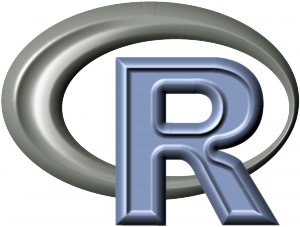 Microsoft announced today its intention to acquire Revolution Analytics, an eight-year-old Mountain View, Calif.-based company that specializes in software and services to harden the open source R statistical programming language for use in the enterprise.
Microsoft announced today its intention to acquire Revolution Analytics, an eight-year-old Mountain View, Calif.-based company that specializes in software and services to harden the open source R statistical programming language for use in the enterprise.
The move is a smart one for Microsoft as it continues to build out its Big Data portfolio. It gives Microsoft immediate credibility with the upcoming generation of Data Scientists, most of who look to open source R as the go-to tool for writing new, modern statistical analysis packages. It also gives the company a credible alternative to the leading commercial advanced analytics tools, SAS and IBM SPSS, both of which are already feeling the pressure of R as it makes in-roads in large financial services companies.
Open source R is a powerful statistical language for performing a variety of advanced analytics techniques – including time-series analysis, regression testing, and linear modeling – and presenting the results via rich data visualizations. It was not, however, designed to run on large clusters of machines nor against particularly large volumes of data – both prerequisites in the era of Big Data. Revolution Analytics’ software and services is aimed at addressing these shortcomings and improving the performance characteristics of R in large-scale production environments (Watch David Smith, Chief Community Officer at Revolution Analytics, discuss R in the embedded video below from theCUBE at #BigDataSV 2014.)
Wikibon expects Microsoft to integrate R even more deeply into its Big Data portfolio, including Azure ML, its cloud-based machine learning and predictive analytics service. Revolution Analytics also partners with Hortonworks to allow Data Scientists to run R Enterprise, its flagship product, inside of Hadoop. Microsoft, also a strategic partner for Hortonworks, will likely further the integration of R with Apache Hadoop.
With the proposed acquisition of Revolution Analytics, Wikibon believes Microsoft has an opportunity to take significant strides in courting Data Scientists and other enterprise Big Data practitioners. It must continue to invest resources in Revolution Analytics’ core products, tightly integrate R with Microsoft’s existing and future Big Data portfolio of products, and, importantly, increase its activity with the open source community to ensure R continues to develop as an open source project in and of itself.

